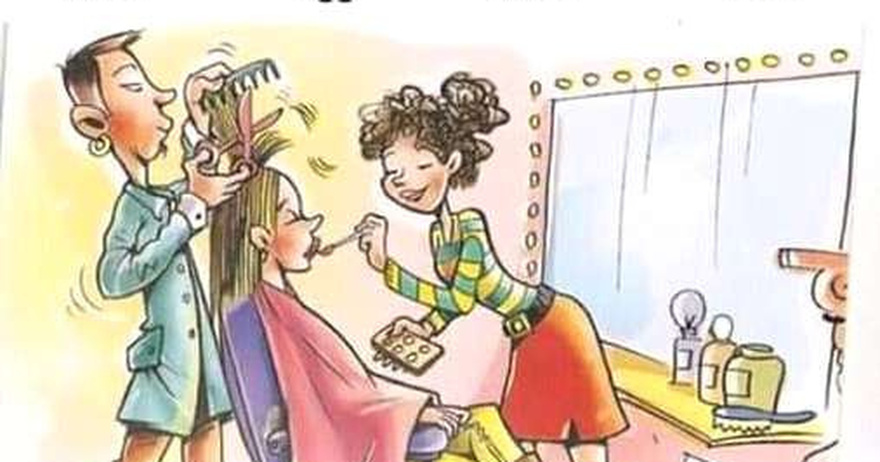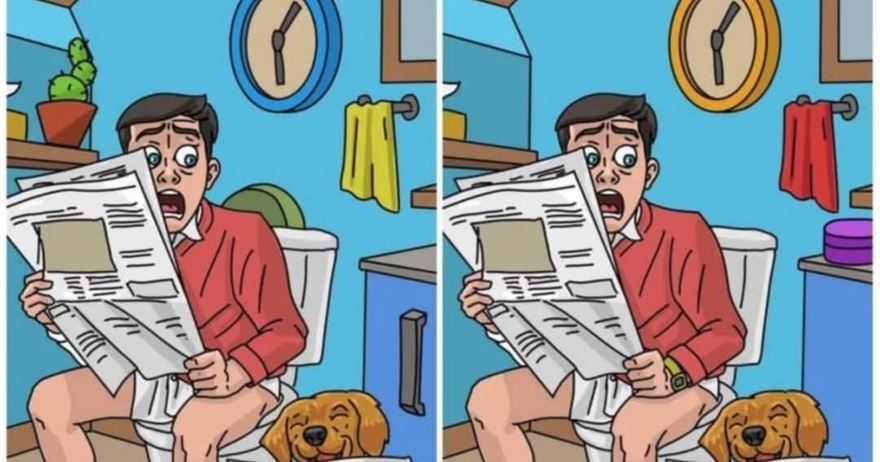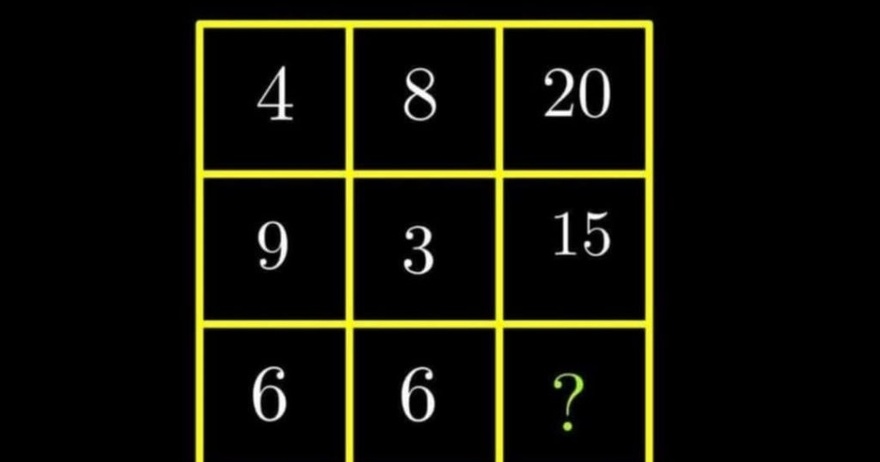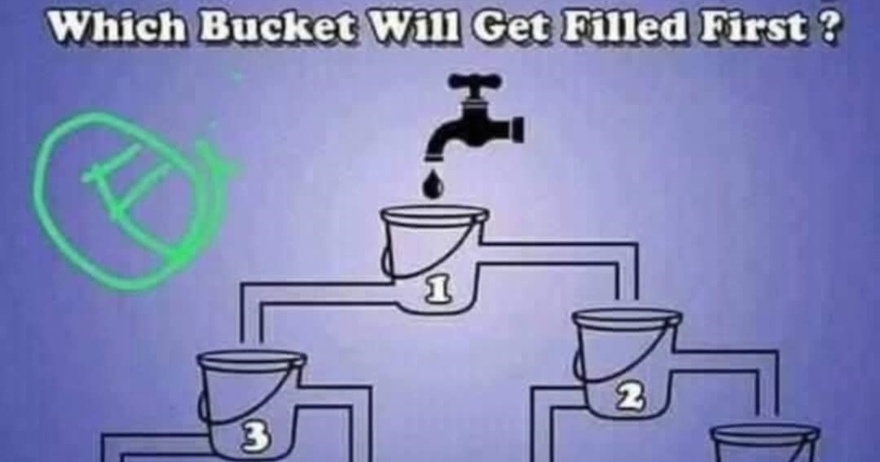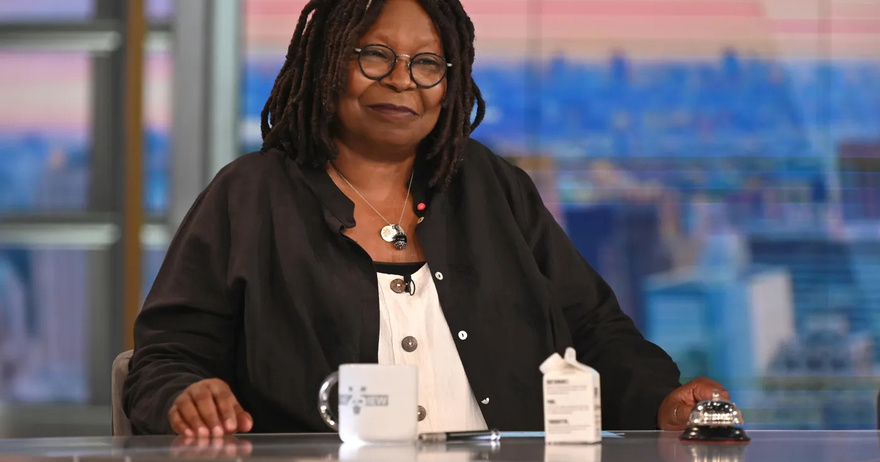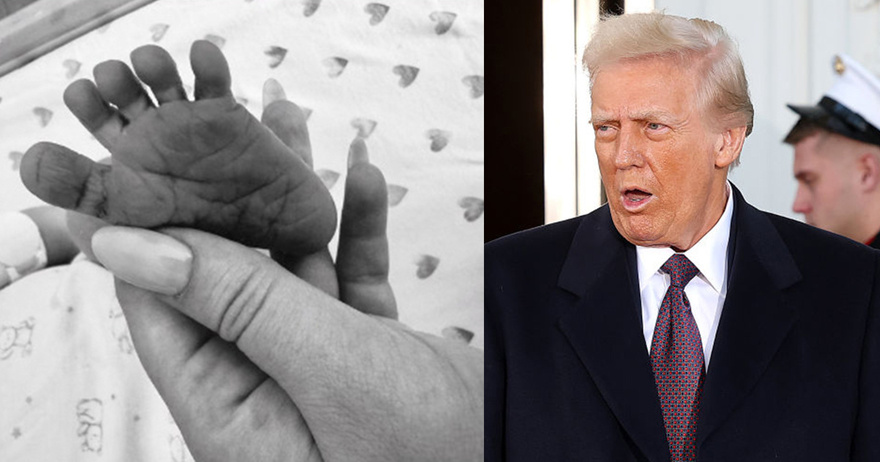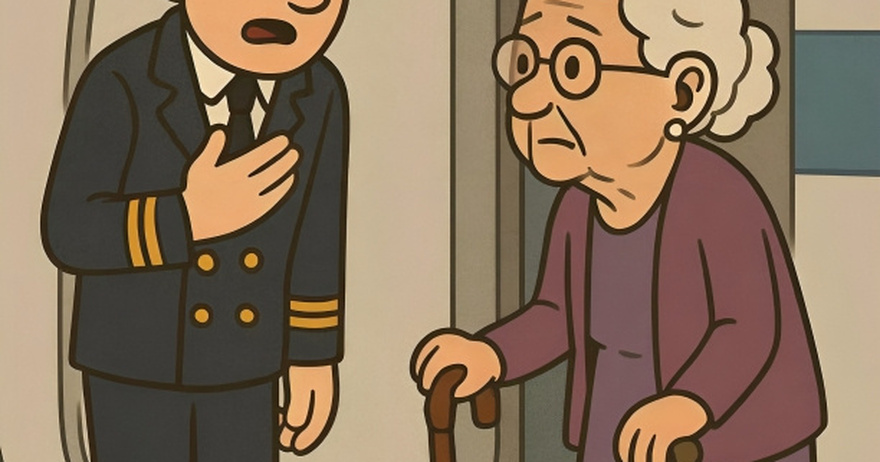Relationships, especially long-term ones, often ebb and flow between periods of harmony and turbulence. It’s common for couples to experience phases where everything seems ideal and others where something feels off. When you’ve been with someone for a long time, the distinction between a temporary rough patch and a fundamental issue can become blurred.

Sometimes, despite our best efforts, we might fail to recognize the signs that indicate a relationship is nearing its end. Below, we explore five key signs that your relationship might be over, even if you don’t want to admit it. Identifying these signs early can help you make informed decisions about your future. Recognizing when a relationship is over can be difficult, especially when emotions and memories are involved. Here are five signs that your relationship might be over, even if you’re reluctant to acknowledge it:
You No Longer Have Common Goals
In the early stages of a relationship, envisioning a future together is often filled with excitement and optimism. You might have discussed dreams, plans, and goals, painting a picture of a shared life. However, as time goes on, those shared goals can sometimes drift apart. When you notice that your once-enthusiastic discussions about the future have turned into mundane routine or vague excuses, it’s a sign that your relationship might be on shaky ground.
When couples no longer have common goals, it reflects a deeper disconnect. What was once a vibrant vision of a shared future may now be replaced by individual pursuits and disagreements about life directions. If planning trips together feels like an obligation rather than an adventure or if discussions about your future seem forced, it may indicate that your mutual aspirations are no longer aligned.
You Cannot Communicate Effectively
Effective communication is the cornerstone of any healthy relationship. It involves not just talking but also listening and understanding. If you find that conversations with your partner have become increasingly difficult, characterized by misunderstandings, frustration, or avoidance, it’s a significant red flag.
Poor communication can lead to unresolved conflicts, resentment, and emotional distance. When communication deteriorates, it becomes challenging to address issues constructively or resolve problems. If you and your partner struggle to engage in calm, open discussions, or if attempts to communicate end in arguments or silence, it’s a clear sign that the relationship is facing serious challenges.

Sexual Attraction Between You Has Been Lost
Sexual attraction, both physical and emotional, plays a crucial role in maintaining intimacy and connection in a relationship. When the spark seems to have disappeared, it can be a sign that deeper issues are at play. It’s important to distinguish between temporary fluctuations in attraction and a prolonged loss of desire.
If you’ve noticed a persistent lack of interest in physical intimacy or emotional closeness, it may be time to reflect on the underlying causes. Sometimes, this loss of attraction can stem from unresolved conflicts, emotional disconnection, or unmet needs. If the void has been present for an extended period and efforts to rekindle the connection haven’t succeeded, it might indicate that the relationship has reached a point of no return.
Trust Has Eroded
Trust is a fundamental component of a healthy relationship. It forms the foundation upon which emotional safety and security are built. If you and your partner are unable to trust each other or if there are frequent breaches of trust, it undermines the stability of your relationship.
A lack of trust can manifest in various ways, including suspicion, jealousy, or constant questioning of each other’s actions. When trust is compromised, it becomes difficult to maintain a strong, supportive connection. If you find that trust issues are persistent and unresolved, it’s a sign that the relationship may be built on shaky foundations.

All Desire to Try Is Gone
Every relationship requires effort to thrive, but there is a fine line between healthy effort and excessive strain. If you feel like you are continuously forcing yourself to make the relationship work, it might be an indication that the relationship is no longer fulfilling or sustainable.
When trying to make things work feels like a constant uphill battle, and if you’re exhausted from the effort with little to no positive outcome, it’s a sign that the relationship may have reached its limits. A healthy relationship should provide a sense of mutual growth and satisfaction, not just constant struggle. If you’ve lost motivation and enthusiasm for working on the relationship, it’s worth evaluating whether the relationship is worth the effort or if it’s time to consider moving on.
Constant Negativity and Criticism
If your interactions with your partner are filled with constant negativity, criticism, or blame, it may be a sign that the relationship is no longer healthy. Frequent arguments, nitpicking, and an overall sense of dissatisfaction can erode the bond that once held you together. When positive moments are overshadowed by ongoing conflict, it’s often a sign that the relationship is in serious trouble.
Acknowledging these signs can be challenging, but facing the reality of a struggling relationship is the first step toward finding peace and moving on.

Making the Decision
Recognizing these signs can be challenging, especially when you have invested significant time and emotion into the relationship. It’s natural to feel conflicted and to want to hold on to the hope of rekindling the connection. However, acknowledging these signs is the first step toward making a decision that is in your best interest.
Before making any final decisions, take time to reflect on your feelings and desires. Consider seeking professional guidance, such as couples counseling, to address any unresolved issues and gain clarity on the relationship’s future. Remember, it’s important to prioritize your own well-being and happiness. Ending a relationship is never easy, but staying in a relationship that no longer serves you can be even more detrimental.
Ultimately, understanding what you truly want out of life and a relationship will guide you toward making the best decision. Whether it’s working through challenges or parting ways, remember that every choice is an opportunity for growth and a step toward a more fulfilling future.

